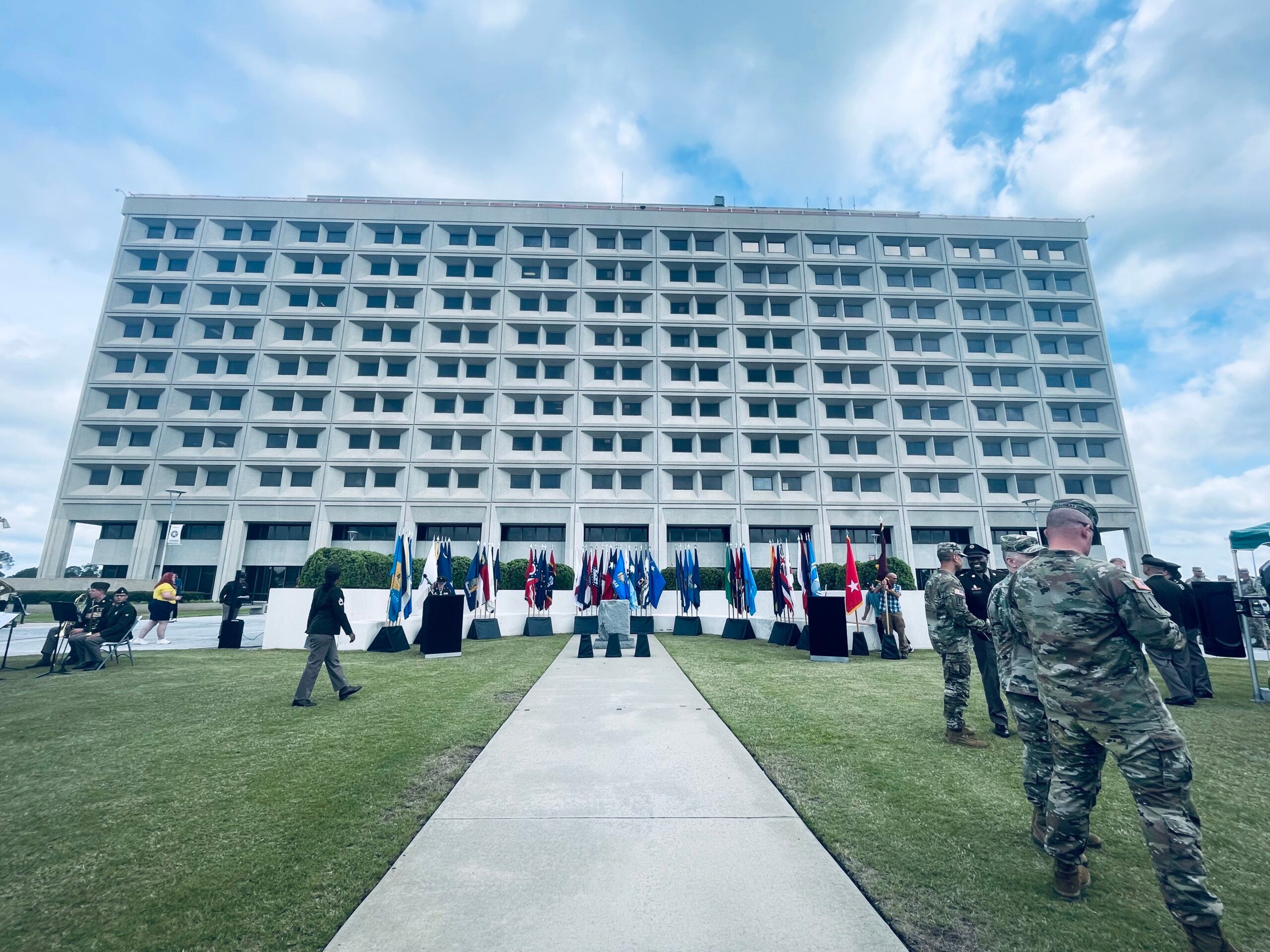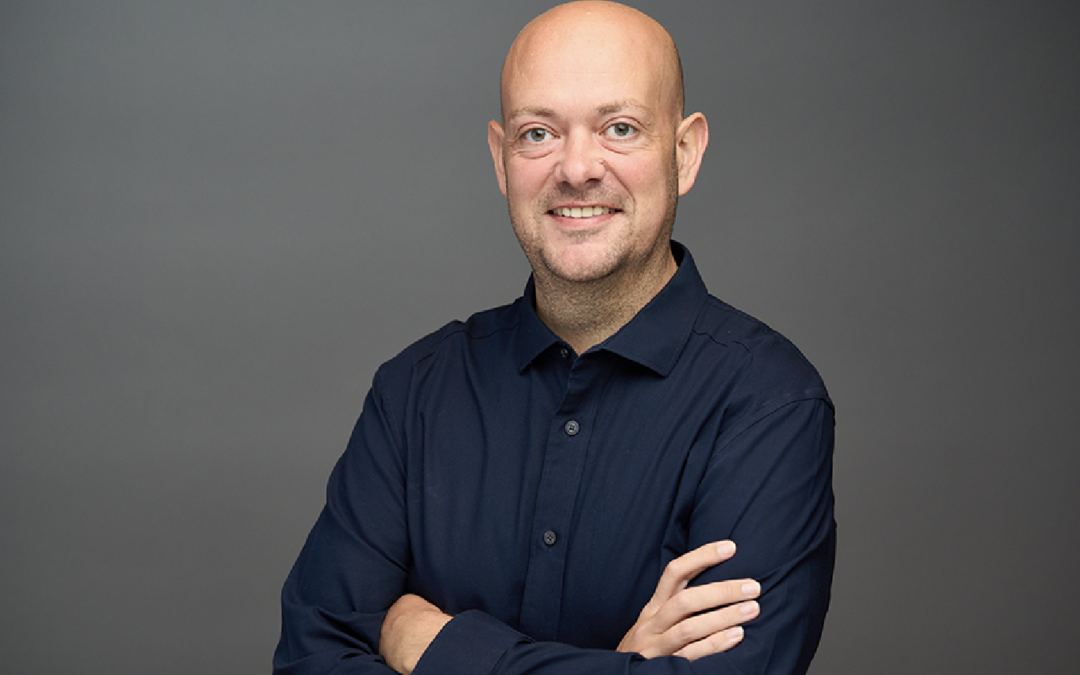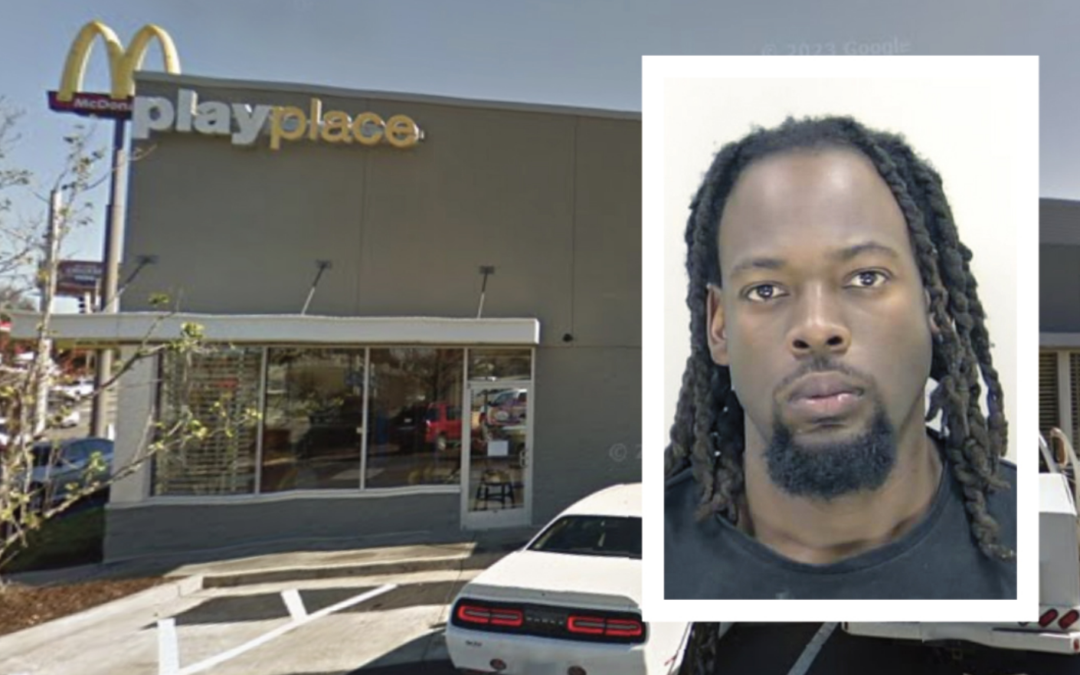The Eisenhower Medical Center celebrated 50 years in operation, Friday morning.
The ceremony honoring the facility began at 11 a.m. at the post’s Myer Plaza, with the presentation of the colors and an invocation by Army Chaplain (Lt. Col.) Shawn Gee, chief of Ministry and Pastoral Care at the hospital.
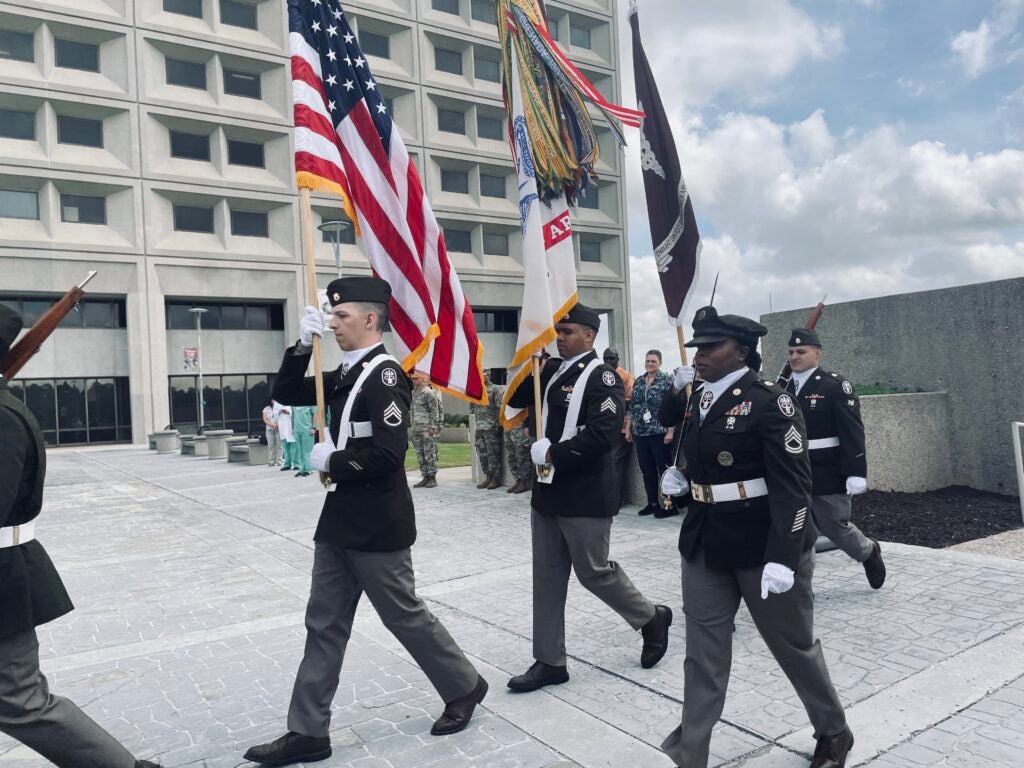
Remarks by Col. James Pairmore, commander at Eisenhower Medical, Brig. Gen. Lance Raney of Medical Readiness Command East and Maj. Gen. Ryan Janovic addressed a crowd of guests that included representatives from Mayor Garnett Johnson’s office, the Charlie Norwood VA Medical Center and even Augusta National, alongside hospital staff.
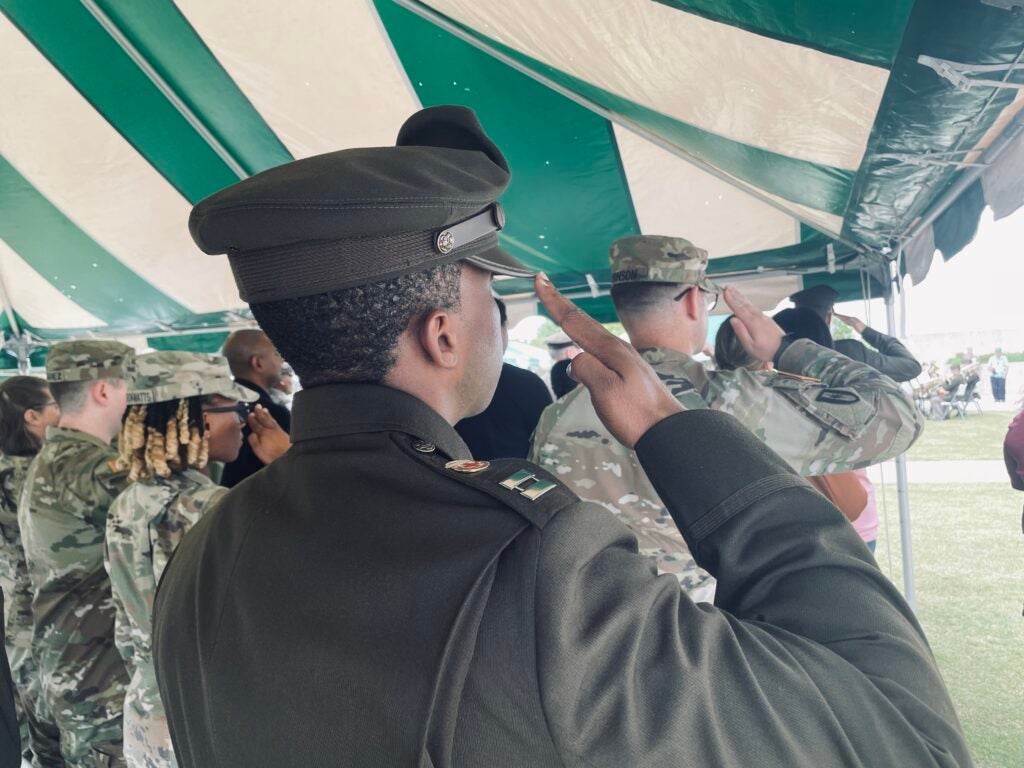
“Thank you for the caregivers, leaders and warriors who have walked these halls with purpose and compassion,” said Gee in his invocation. “We honor the past, we give thanks to the present, and we ask Your guidance in the years to come.”
MORE: Columbia County sheriff gives update on shooting that killed deputy, injured another
The first dedication of the Dwight David Eisenhower Army Medical Center — acronymized as “DDEAMC” and nicknamed “DD-MAC” by service members — was Thursday, April 25, 1975, before some 1,000 attendees, including John and Mamie Eisenhower, respectively the younger son and wife of the former president and WWII general.
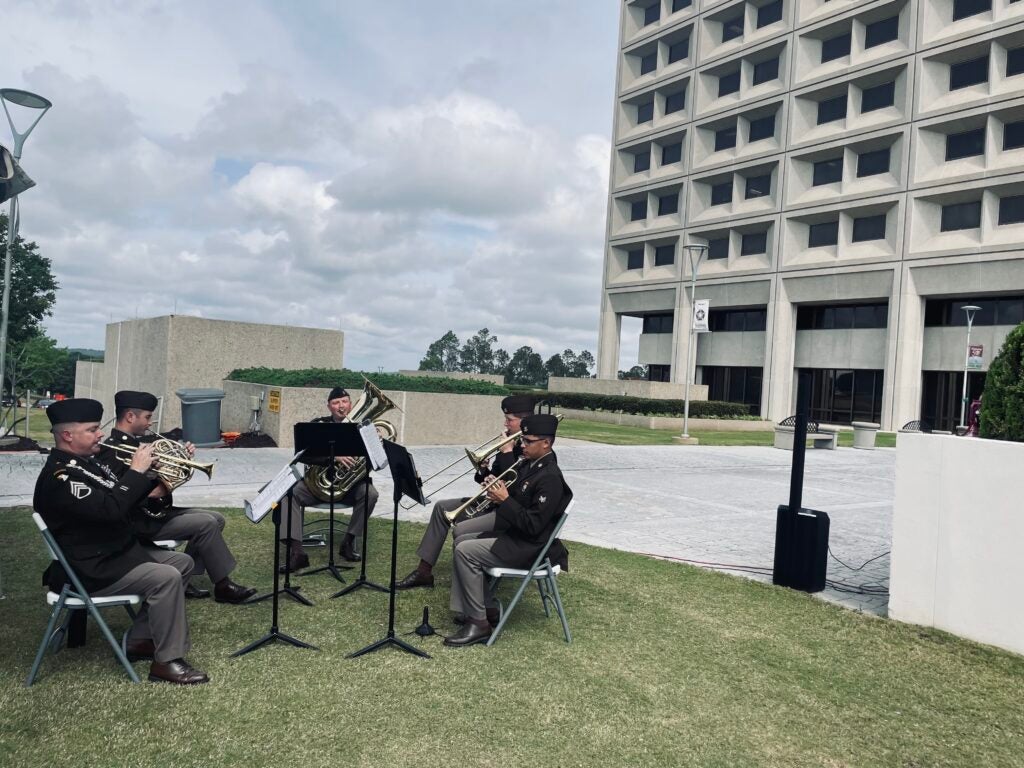
The 14-story facility was a $34 million project, and the first Army hospital named after a president. Eisenhower was a frequent visitor to Augusta, and made his farewell address to the Army at Barton Field in 1961.
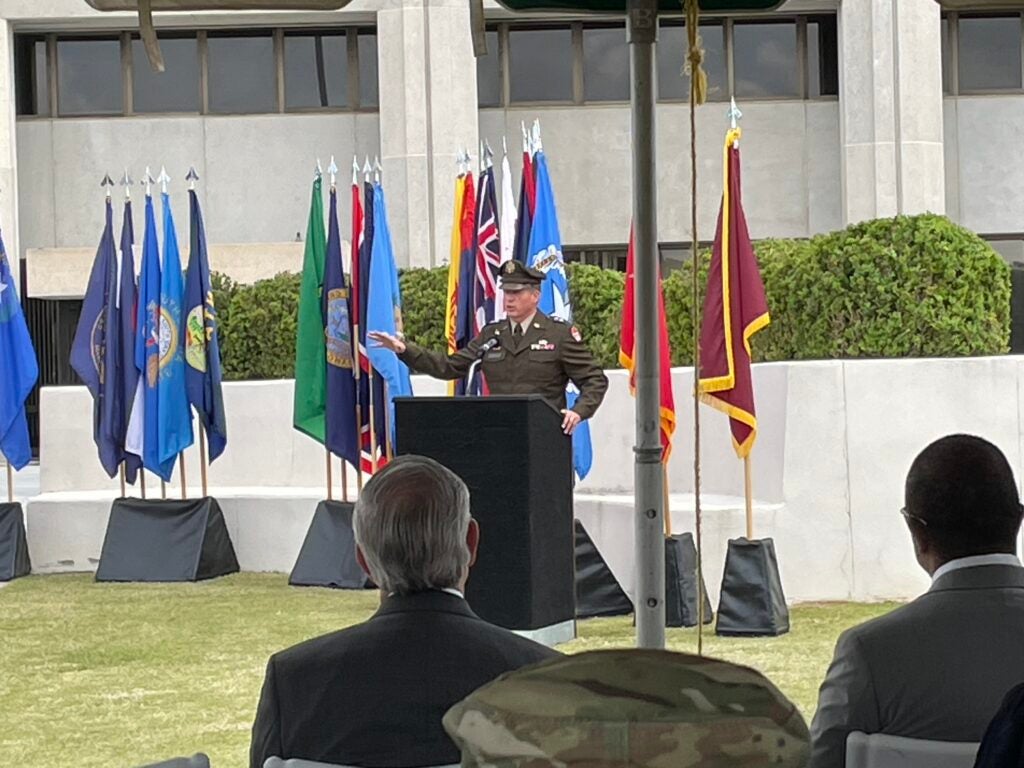
Col. Pairmore, during his remarks, recalled veterans he had recently encountered who had been patients at DDEAMC, including a retired Vietnam veteran who had been hospitalized there for six months after a helicopter accident, undergoing surgeries that would eventually save his life; and a senior officer who received care after an affliction had left her temporarily unable to walk without a cane, treatment that ultimately enabled the officer to continue serving.
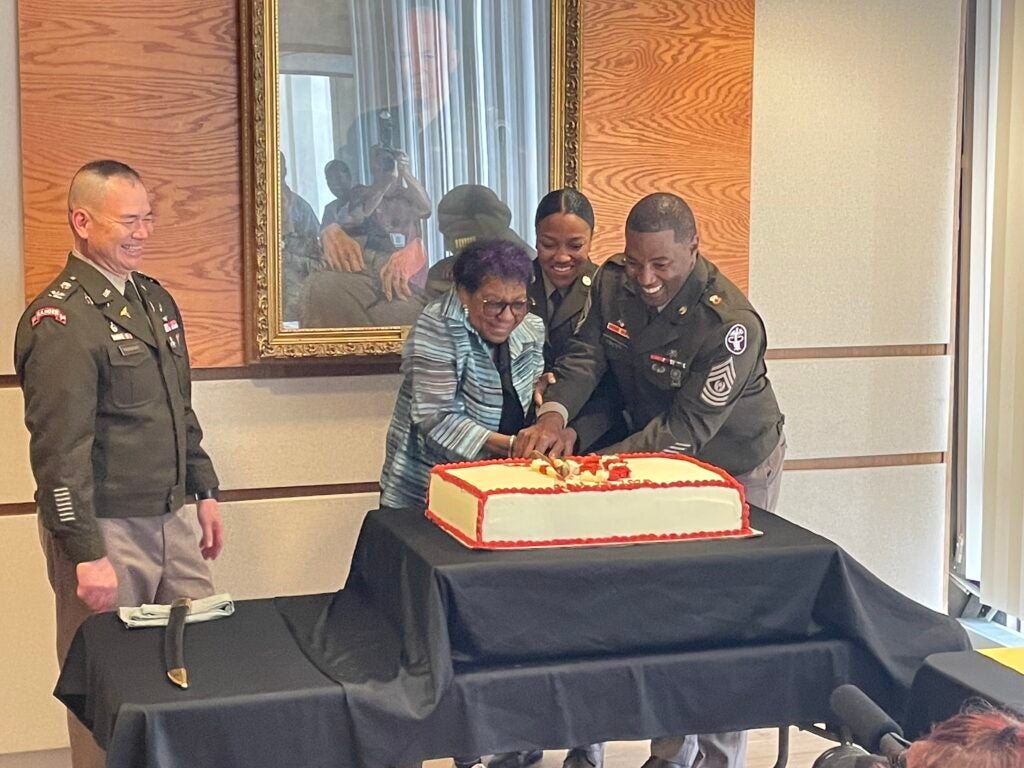
“The ceremony really spoke to the hopes and dreams of what DD-MAC would accomplish, the care that would touch the lives of our patients, and the Army medical capability that DDMAC would create and sustain to deploy and support our war fighters,” Pairmore said. “Like no other health system in the world can do now, looking back after 50 years, we can all honestly say if those hopes and dreams were realized, accomplished and continue today. “
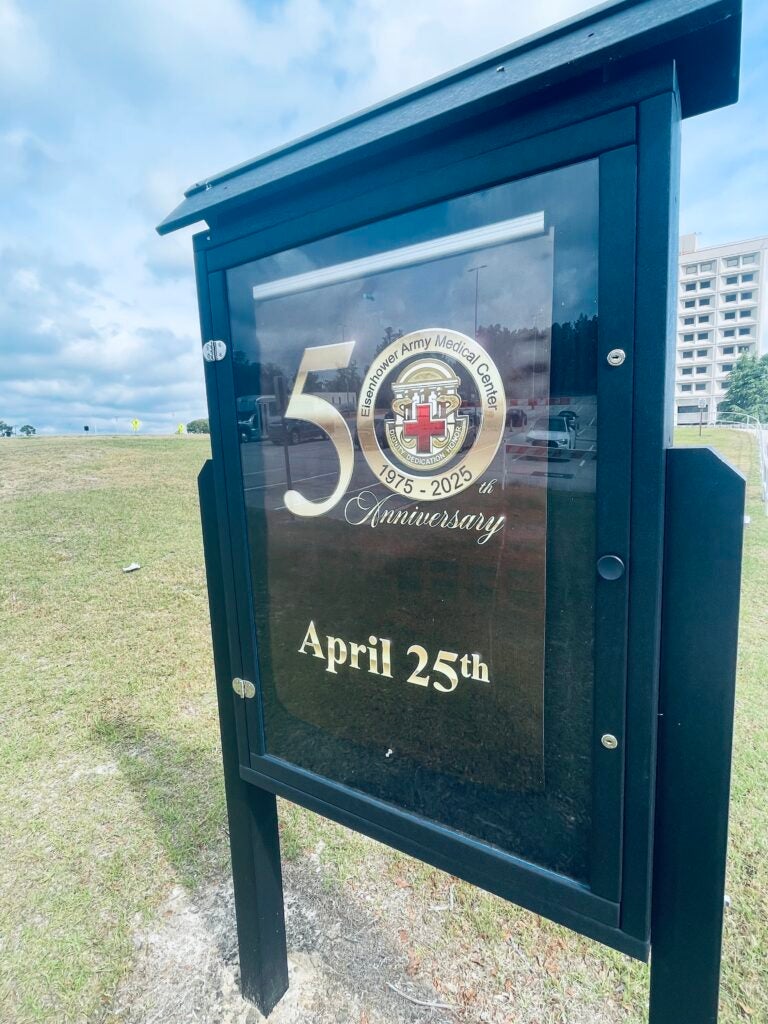
Skyler Andrews is a reporter covering business for The Augusta Press. Reach him at skyler@theaugustapress.com.

